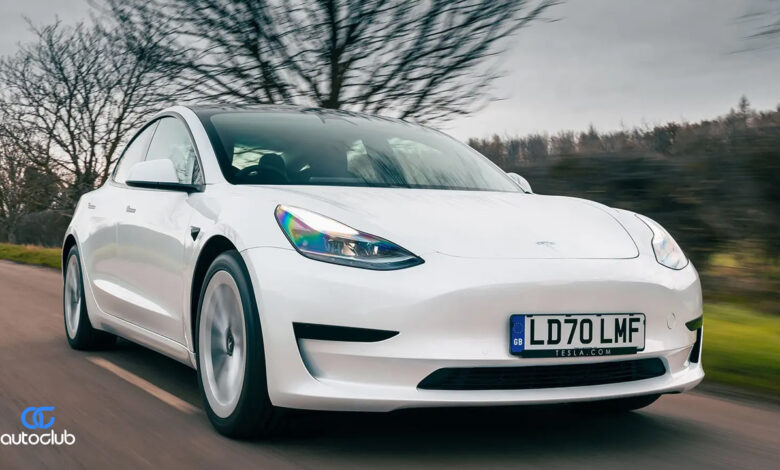The Role of Cars in Economic Growth: A Driving Force for Prosperity

The Role of Cars in Economic Growth: A Driving Force for Prosperity
Introduction
In the ever-evolving landscape of economics, one factor remains constant—the role of cars in economic growth. Cars have become synonymous with progress, mobility, and a driving force for prosperity. This article delves into the multifaceted relationship between cars and economic development, exploring their impact on industries, job markets, and our day-to-day lives. Buckle up as we navigate through the lanes of economic growth powered by the wheels of innovation.
The Role of Cars in Economic Growth
Fueling Economic Engines
The automotive industry, often considered the cornerstone of modern economies, contributes significantly to GDP. It encompasses manufacturing, sales, maintenance, and innovation, providing a web of opportunities for businesses and employment. The role of cars in economic growth is undeniable, as it stimulates various sectors, from steel and rubber to technology and finance.
Driving Job Creation
Cars are more than just machines; they are job creators. Dealerships, manufacturing plants, service centers, and even app-based ride-sharing platforms offer employment opportunities to millions. The global automotive industry provides jobs at every rung of the economic ladder, from assembly line workers to skilled engineers and marketing professionals.
A Boost to Ancillary Industries
The economic impact of cars extends beyond the automotive industry itself. It’s a catalyst for auxiliary sectors, such as insurance, finance, and advertising. As cars continue to be purchased, insured, and financed, these industries experience growth, further amplifying the overall economic development.

Enhanced Transportation Infrastructure
A robust transportation network, including well-maintained roads and highways, is vital for economic growth. Cars drive the demand for better infrastructure. Governments invest in road maintenance, construction, and expansion to accommodate the growing number of vehicles. Improved transportation infrastructure reduces travel times, lowers transportation costs, and boosts economic efficiency.
Global Trade and Mobility
Cars play a pivotal role in the globalization of trade. The automotive industry is interconnected with global supply chains, impacting trade balances and international relations. The ability to move goods efficiently and access new markets depends on the presence of an advanced road network, where cars are integral.
Technological Advancements
The role of cars in economic growth is inseparable from technological innovation. The automotive sector has been a breeding ground for cutting-edge technology, from electric and autonomous vehicles to advanced safety features and connected systems. These innovations not only drive economic growth but also pave the way for a sustainable future.
Environmental and Social Challenges
While the economic benefits of cars are evident, it’s essential to address the environmental and social challenges they pose. Air pollution, traffic congestion, and accidents are pressing issues that demand attention. Striking a balance between economic growth and sustainability is a challenge that societies worldwide must tackle.

FAQs
How do cars contribute to economic growth?
Cars contribute to economic growth by fueling the automotive industry, creating jobs, stimulating ancillary industries, and driving the demand for better transportation infrastructure.
What role do cars play in job creation?
Cars create jobs in various sectors, including manufacturing, sales, service, and ride-sharing platforms. This industry provides employment opportunities at all levels of the workforce.
How does the automotive industry impact global trade?
The automotive industry is closely linked to global trade as it relies on international supply chains. It affects trade balances, exports, and international relations.
What technological advancements have been driven by the automotive industry?
The automotive industry has spurred technological innovations, such as electric and autonomous vehicles, advanced safety features, and connected systems, contributing to economic growth and a sustainable future.
What are the environmental and social challenges associated with cars?
Cars bring challenges like air pollution, traffic congestion, and accidents. Balancing economic growth with sustainability is a crucial task for societies.
How can we mitigate the environmental impact of cars?
Mitigating the environmental impact of cars involves transitioning to cleaner energy sources, promoting public transportation, and investing in sustainable urban planning.
Conclusion
The role of cars in economic growth is dynamic, multifaceted, and essential. As they power economies, create jobs, and facilitate global trade, cars have become more than a mode of transportation—they are engines of prosperity. However, this journey towards progress also comes with environmental and social responsibilities. Striking a balance between economic development and sustainability is the key to harnessing the full potential of cars as a driving force for prosperity.




